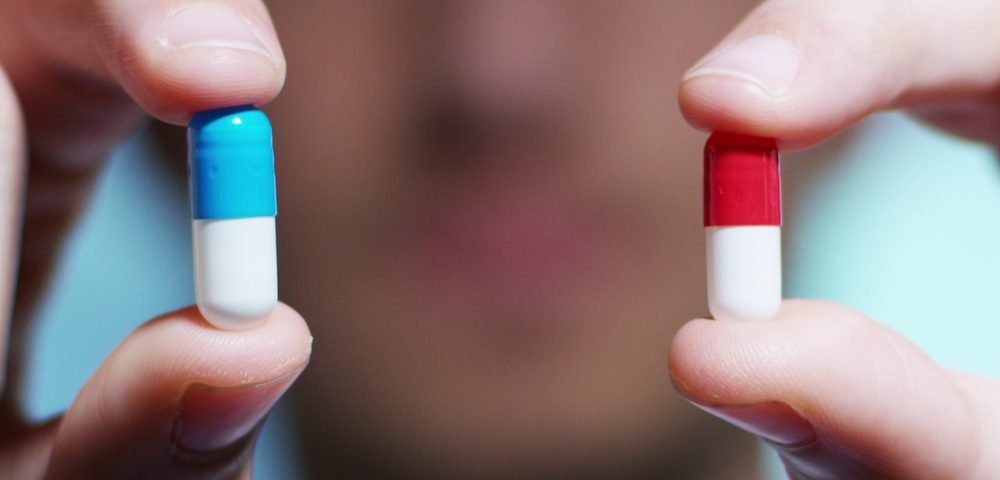The European Medicines Agency’s Committee for Medicinal Products for Human Use (CHMP) has issued a positive opinion regarding on marketing authorization for Imraldi (adalimumab), a biosimilar candidate referencing Humira.
The EMA committee recommended Imraldi for the treatment of inflammatory bowel diseases (IBDs) like Crohn’s disease, pediatric Crohn’s disease and ulcerative colitis, as well as rheumatoid arthritis, psoriatic arthritis and psoriasis, among others.
The positive opinion will now be reviewed by the European Commission, which will vote whether to authorize the drug for marketing. If granted, Biogen will be responsible for commercializating Imraldi in the 28-member European Union.
“We welcome the EMA’s positive recommendation for Imraldi, which brings us a step closer to delivering a lower-cost, high-quality autoimmune treatment option to patients across Europe,” Christopher Hansung Ko, president and CEO of Samsung Bioepis, said in a press release. “Through relentless process innovation and an uncompromising commitment to quality, we remain dedicated to advancing one of the industry’s strongest biosimilar pipelines, so that more patients and healthcare systems across Europe will benefit from biosimilars.”
Samsung Bioepis is a joint venture between Samsung BioLogics and Biogen, and is the partnership behind the discovery and development of Imraldi.
The marketing authorization application for Imraldi was supported by data resulting from a Phase 3 trial (NCT02167139), in which 544 patients with moderate-to-severe rheumatoid arthritis, after treatment with methotrexate (MTX), were randomized to receive either Imraldi or Humira.
At week 24, ACR20 response rate was 72.4 percent for the Imraldi group versus 72.2 percent for the Humira group – meaning that 393 of the 544 patients on Imraldi enrolled achieved a 20 percent improvement, according to the American College of Rheumatology (ACR) standard measurements.
Up to week 24, the safety profile of Imraldi was comparable to Humira’s. After week 24, half the participants receiving Humira were re-randomized to switch to Imraldi. The remaining half continued receiving Humira. Patients already receiving Imraldi continued on that treatment.
The study lasted for 52 weeks. Up to week 52, the efficacy, safety and immunogenicity, or ability to provoke an immune response in the body, remained similar across all treatment arms. The research team responsible for overseeing the trial observed no adverse issues or clinically relevant immunogenicity caused by switching from Humira to Imraldi.
The U.S. Food and Drug Administration (FDA) approved Humira as a new treatment for Crohn’s disease in children older than six years of age in September 2014. It was the first biologic drug ever to win FDA approval to treat young patients with Crohn’s.
However, the high coste of Humira has limited access for patients, meaning that having an available biosimilar soon would likely benefit many families in Europe and worldwide.

